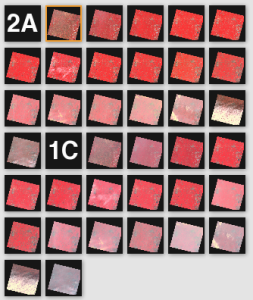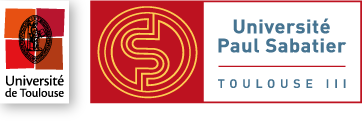A new version of the SPOT4(Take5) products is available.
![]() =>
=> ![]() The CNES teams of the THEIA Land Data Center have reprocessed the SPOT4 (Take5) data, in order to take into account a large number of images that were not processed in the first place, because some data had not been yet received or because their processing had failed due to a few little bugs. The same processors and parameters were used and the only difference is the increased number of available dates, but as the L2A methods are multi-temporal and recurrent, when we add an image, the results on the subsequent images are also changed. It is thus advisable that you download again all the products of the sites you are interested in, from the following address : http://spirit.cnes.fr/take5 On this prototype ground segment, our management of product versions is basic, and only takes the processors into account. As the processors are unchanged, the new version 1.1 products are still identified as level 1.0 products in the Metadata. We are sorry for this inconvenience, you will need to pay attention not to mix them with the older version.
The CNES teams of the THEIA Land Data Center have reprocessed the SPOT4 (Take5) data, in order to take into account a large number of images that were not processed in the first place, because some data had not been yet received or because their processing had failed due to a few little bugs. The same processors and parameters were used and the only difference is the increased number of available dates, but as the L2A methods are multi-temporal and recurrent, when we add an image, the results on the subsequent images are also changed. It is thus advisable that you download again all the products of the sites you are interested in, from the following address : http://spirit.cnes.fr/take5 On this prototype ground segment, our management of product versions is basic, and only takes the processors into account. As the processors are unchanged, the new version 1.1 products are still identified as level 1.0 products in the Metadata. We are sorry for this inconvenience, you will need to pay attention not to mix them with the older version.








